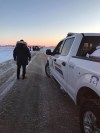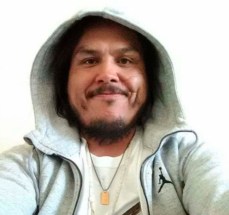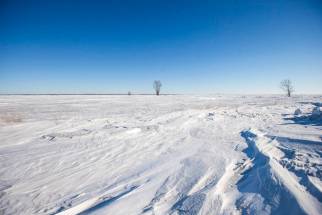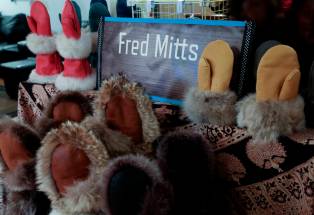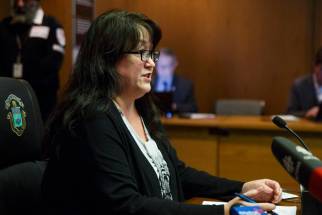Deadly border gamble a first, perplexed city immigration experts say
Read this article for free:
or
Already have an account? Log in here »
To continue reading, please subscribe:
Monthly Digital Subscription
$0 for the first 4 weeks*
- Enjoy unlimited reading on winnipegfreepress.com
- Read the E-Edition, our digital replica newspaper
- Access News Break, our award-winning app
- Play interactive puzzles
*No charge for 4 weeks then price increases to the regular rate of $19.00 plus GST every four weeks. Offer available to new and qualified returning subscribers only. Cancel any time.
Monthly Digital Subscription
$4.75/week*
- Enjoy unlimited reading on winnipegfreepress.com
- Read the E-Edition, our digital replica newspaper
- Access News Break, our award-winning app
- Play interactive puzzles
*Billed as $19 plus GST every four weeks. Cancel any time.
To continue reading, please subscribe:
Add Free Press access to your Brandon Sun subscription for only an additional
$1 for the first 4 weeks*
*Your next subscription payment will increase by $1.00 and you will be charged $16.99 plus GST for four weeks. After four weeks, your payment will increase to $23.99 plus GST every four weeks.
Read unlimited articles for free today:
or
Already have an account? Log in here »
Hey there, time traveller!
This article was published 21/01/2022 (1417 days ago), so information in it may no longer be current.
Baffled immigration experts are at a loss to explain why a group of 11 people made a disastrous attempt to cross into the United States on foot in brutal weather overnight Wednesday, an ultimately tragic decision that killed a family of four.
RCMP officers found the frozen bodies of a man, woman, teenage boy and an infant just steps from the border, about 10 kilometres east of Emerson on Wednesday afternoon.

Seven others in the group — all of whom were undocumented and from India — crossed into the U.S. but were apprehended by law-enforcement officers less than a kilometre from the international line. Five were on foot and two were stopped in a rented van; the driver, 47-year-old Deltona, Fla., resident Steven Shand, has been charged with human smuggling and is in custody in Grand Forks, N.D.
The temperature plunged to -35 C in wind-whipped whiteout conditions in the deep snow drift-blanketed farmer’s fields along the province’s southern edge overnight Wednesday. One of the survivors reported having been on foot in the perilous conditions for more than 11 hours. Two adults were rushed to hospital with significant cold-related injuries; one was later airlifted to a St. Paul hospital.
Court documents filed Wednesday in support of Shand’s arrest allege one of the people spent a significant amount of money to come to Canada with a fraudulent student visa, with plans to go to an uncle’s home in Chicago.
Winnipeg lawyer and immigration consultant Ken Zaifman said he has never heard of Indian migrants attempting to cross illegally from Manitoba into the United States, although illegal border crossings — the vast majority of which are destined for Canada — generally, are not unusual.
No one from India was either expelled or apprehended in the Grand Forks, N.D., sector in 2020, where the group crossed, the latest available U.S. Customs and Border Patrol data shows.
Zaifman, who has practised immigration law in Manitoba for more than 30 years, speculated there were likely other people involved in the smuggling operation.
“This is an organized scheme,” he said Friday. “If they’re getting status for people as a student, then they’re saying: ‘Look, this is the way to get you into the U.S.’ Then it’s organized in a pretty sophisticated level and there’s probably a Canadian connection here in the mix.”
The identities of the four victims had not been confirmed as of Friday, RCMP spokeswoman Cpl. Julie Courchaine said. The RCMP declined to comment on the scale of the smuggling operation, where it is based or whether it involves foreign nationals obtaining fraudulent documents to enter and live in Canada.
Zaifman said would-be immigrants are sometimes misinformed — and rely on people who are just in it for the money.
“What would possess a family to take a young child in a field in 30 below, unless someone told them there will be someone right across the border in a truck, so it’s really like a 20-minute walk, or half-hour walk? Someone had to tell them where to go…. It’s shocking, (but) not totally surprising that people are susceptible.”
“This is an organized scheme. If they’re getting status for people as a student, then they’re saying: ‘Look, this is the way to get you into the U.S.’ Then it’s organized in a pretty sophisticated level and there’s probably a Canadian connection here in the mix.” – Ken Zaifman
He called it human smuggling at its worst.
“They’re in the middle of a field — where do they go? Do they go back? Do they go to the town? They don’t even know where the town is, the middle of the night,” he said.
U.S. agent’s affidavit provides details of winter horror near border
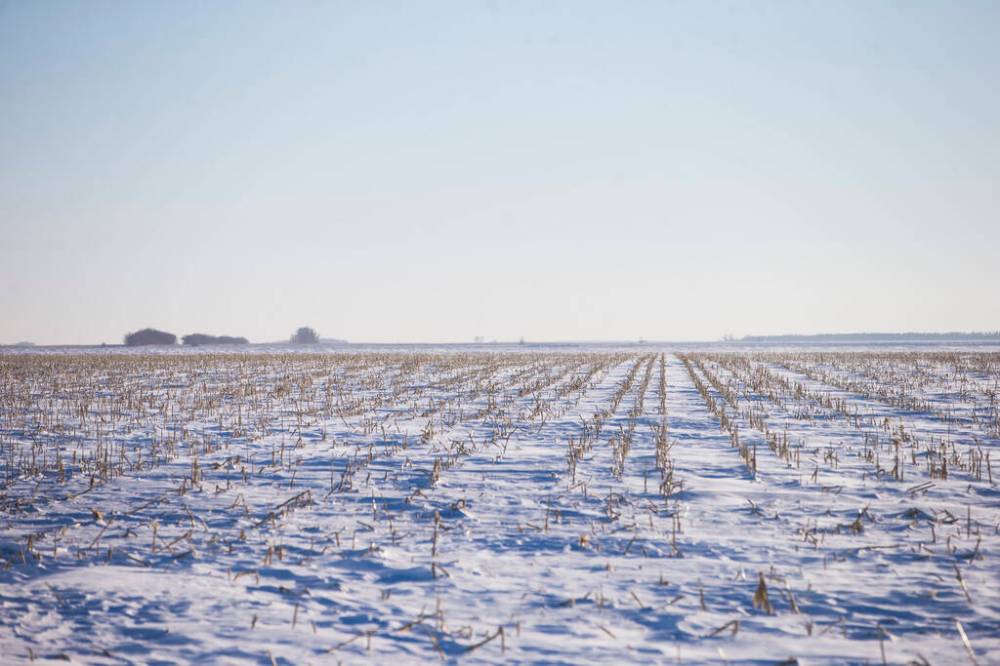
Posted:
A 15-passenger van stranded in a snow-filled ditch would have stuck out as odd to winter-hardy Minnesotans living along the Canada-U.S. border.
“It’s no different than what people have done putting people on boats (to get to Europe). They put them on boats and off they go and if the boat sinks, the boat sinks, and if the boat makes it, it makes it — the same attitude.”
Sameer Gupta, a Winnipeg immigration consultant, agreed the situation was, indeed, strange.
“Never… this is the first time I’m hearing this kind of news, people going to the U.S. from Canada,” he said.
And immigration lawyer Alastair Clarke was shocked to learn the group was travelling from Canada into the U.S., something he has never encountered during his career.
“This case is extremely unusual,” Clarke said. “The facts of this case are quite different from the normal types of circumstances that we’ve seen, and I hope that they do a proper investigation to see if this isn’t just one case among many.
“If there is something systemic or if there is a larger organized group behind this, I would really worry.”
Although the identities of the family members and other members of the group have not been reported, there have been suggestions all 11 were from Gujarat, a western state in India.
There are few people from that region in Manitoba.
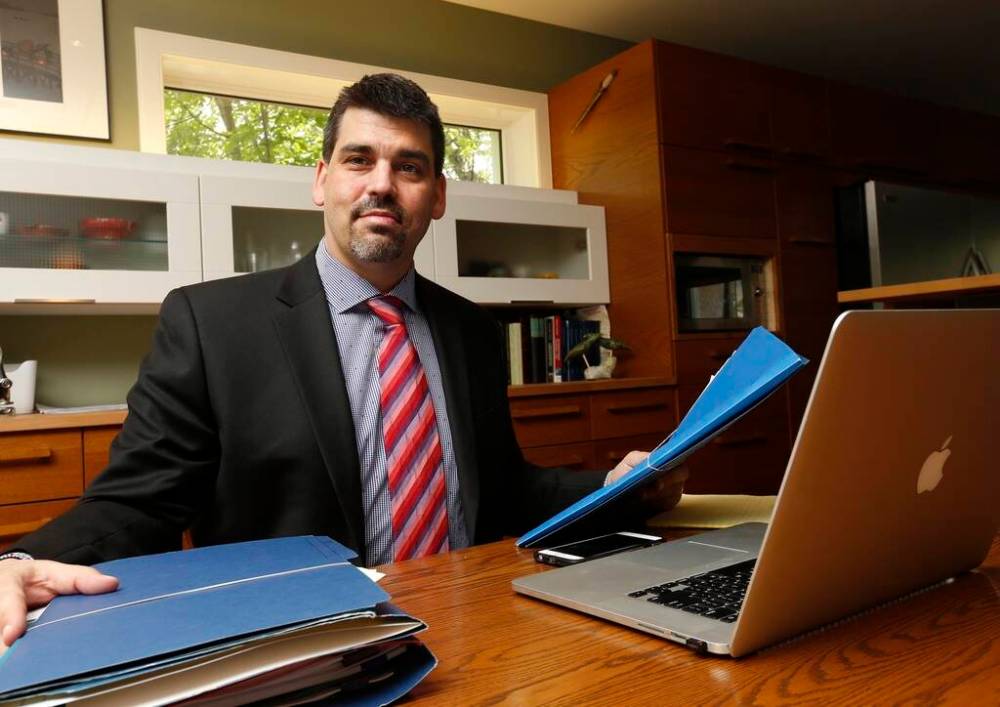
“I spoke with a colleague in my firm — her family is from Punjab… and we don’t have a large Gujarat population in Manitoba, it’s a pretty small community,” Clarke said.
“What she told me was that if they had sought members of the Indian community in Manitoba, anyone would’ve told them… not to (attempt a border-crossing). And so it seems like there was something else going on here, which is quite curious.”
The community has been “devastated” by the incident, India Association of Manitoba president Ramandeep Grewal told the Free Press.
“This is a damn tragedy,” Grewal said. “Personally, I’m having a hard time sleeping since I heard this news, I have little kids at home. We are always told that you can’t expose yourself for ‘these many minutes’ or ‘more than these many minutes’ in these Prairie winters, and no matter what you have, when you’re outside in harsh winters, the winter is not going to forgive you.”
“This is a damn tragedy. Personally, I’m having a hard time sleeping since I heard this news, I have little kids at home.” – Ramandeep Grewal
The organization is currently in contact with other community groups in Manitoba and the Consulate General of India in hopes of identifying the deceased so they can notify their next of kin. Thus far, they’ve had no luck.
“Who knows if they had any relationships in Winnipeg, or in Manitoba at all? If it’s a part of a bigger, co-ordinated criminal syndicate working across the borders, maybe people are scared at this point to come forward.”
The situation is bizarre to Grewal, too, who said he hasn’t seen a single case of a person claiming refugee status making it to Manitoba in recent years.
The India Association of Manitoba will eventually hold some sort of vigil or remembrance ceremony, he said.
— with files from Chris Kitching
erik.pindera@freepress.mb.ca
malak.abas@freepress.mb.ca

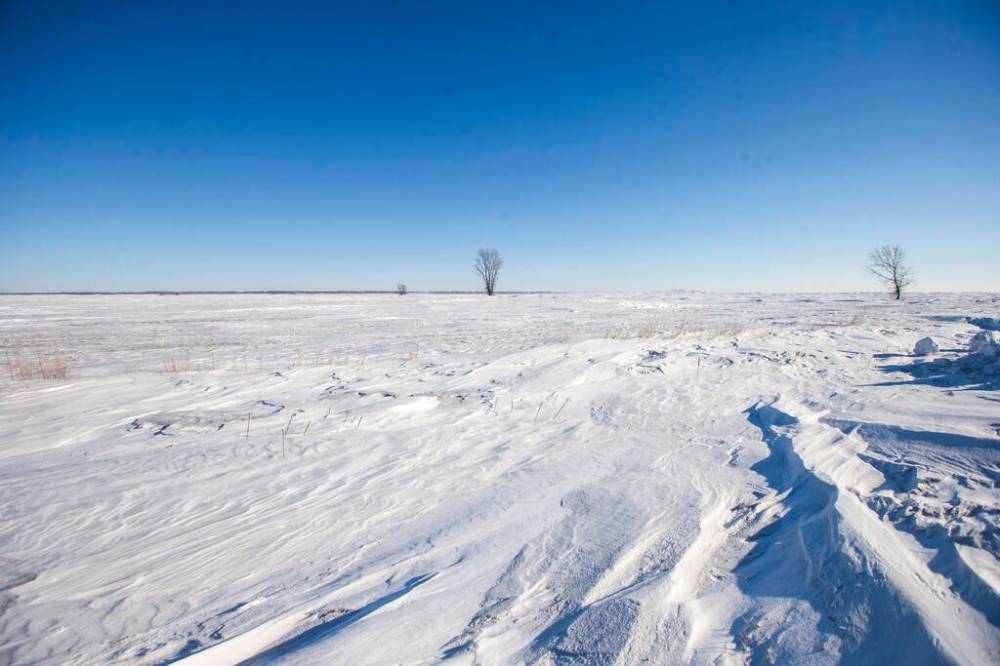

Erik Pindera reports for the city desk, with a particular focus on crime and justice.

Our newsroom depends on a growing audience of readers to power our journalism. If you are not a paid reader, please consider becoming a subscriber.
Our newsroom depends on its audience of readers to power our journalism. Thank you for your support.
History
Updated on Friday, January 21, 2022 7:51 PM CST: relates timeline story





